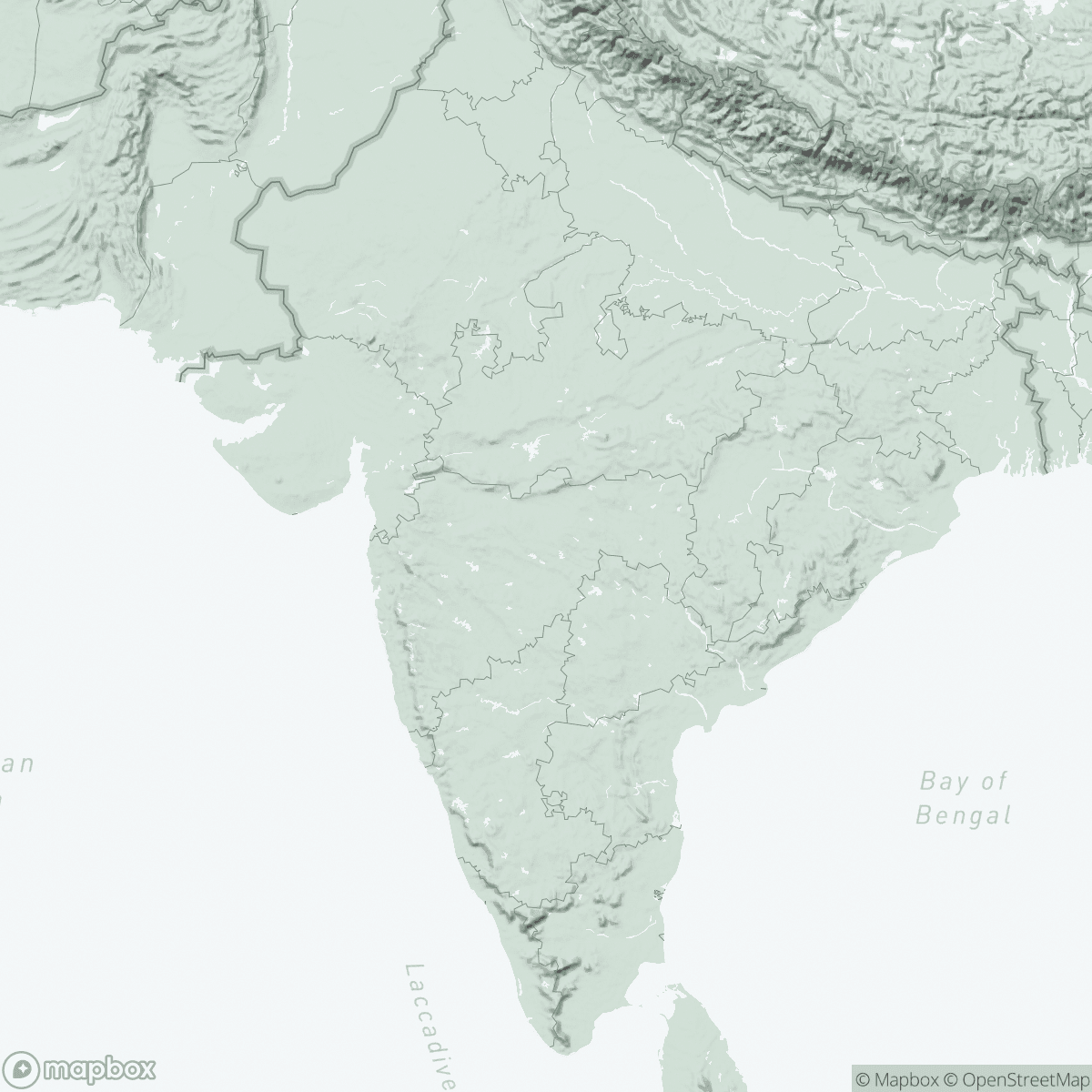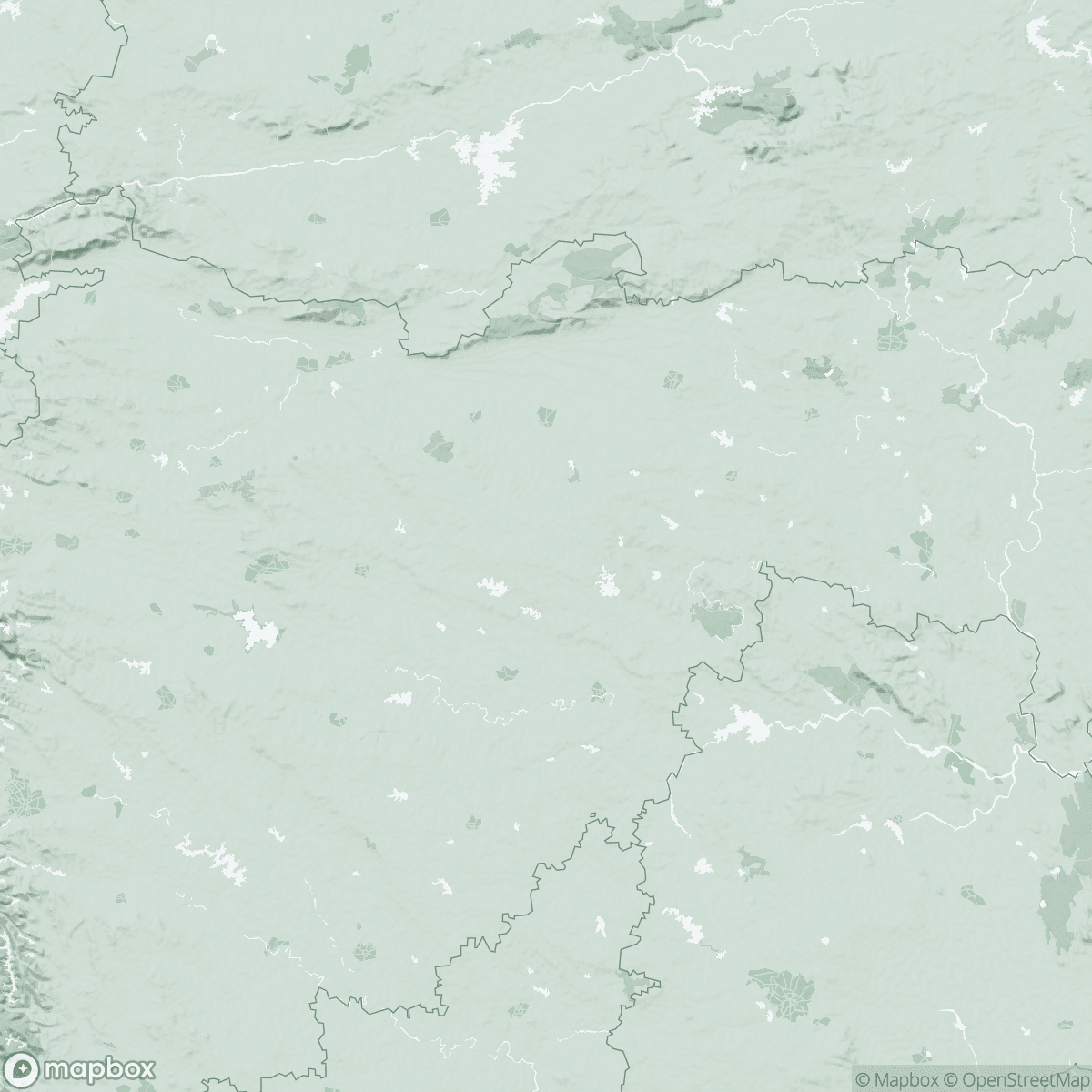
India
In 2024, Médecins Sans Frontières (MSF) worked to address critical medical humanitarian needs among marginalised communities in India, who experience violence, neglect, exclusion, and healthcare disparities.
Our activities in 2024 —
individual mental health consultations
malaria cases treated
people with advanced HIV under direct MSF care
people started on treatment for tuberculosis, including 190 for DR-TB
In Bihar state, where there are limited treatment options and a high mortality rate for HIV, we cared for patients with advanced HIV disease. Our patients struggled with high costs of private healthcare before diagnosis, and suffered stigma after receiving their diagnosis. Working with the Bihar state Health Mission and Bihar state Department of Health and Family Welfare, we offered holistic advanced HIV care at Guru Gobind Singh hospital in Patna.
In Chhattisgarh state, despite an increase in violent clashes between government security forces and armed groups, we continued to run mobile clinics to deliver essential healthcare in remote areas, including safe abortion care. In 2024, we initiated a new mobile clinic in Hirmangunda, and collaborated with the Ministry of Health on a measles vaccination campaign following an outbreak.

In Manipur state, the situation remained unstable following an outbreak of inter-ethnic conflict in 2023, which posed challenges to the provision of care to our HIV and tuberculosis (TB) patients, and to the transportation of supplies.
In Mizoram state, we offered healthcare to refugees fleeing violence in Myanmar. At our clinic in Zokhawthar, we organised specialist referrals and delivered care in the surrounding area. We also provided relief items to newly arrived families in displacement camps.
In Mumbai, we handed over our project treating complex cases of drug-resistant TB to India’s National TB Elimination Program and the Brihanmumbai Municipal Corporation at the end of 2024. Since 2006, this project played a pivotal role in improving outcomes for patients who had no other treatment options.
In Jammu and Kashmir, where years of conflict have taken a toll on people’s mental health, we continued to provide counselling services.

